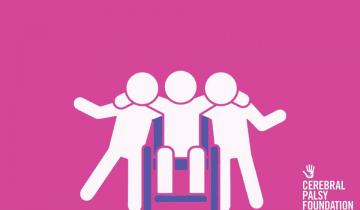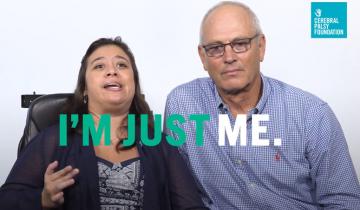This study highlights caregiver knowledge and preferences to understanding the GMFCS and how that information should be relayed from clinicians.
Growing up with Cerebral Palsy I often wondered if I would ever experience my happily ever after. The fairytales my mom read me always followed the life of a beautiful princess falling in love with a handsome prince. You never read about a prince and princess in wheelchairs or with any type of disability for that matter.
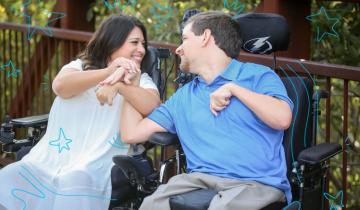
Though the initial insult or injury to the brain that causes cerebral palsy is non-progressive, aging with cerebral palsy and lack of physical activity during critical periods of development can impact biologic and metabolic function for adults with cerebral palsy.
The hardest part of raising two children with Cerebral Palsy is the fact that we live in a world that refuses to adapt to anything beyond ordinary. And I have always -- always -- known that Benjamin and Mason were far beyond ordinary.
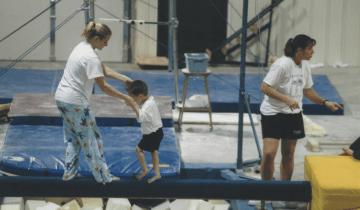
A parent's perspective as she recalls the moment she realized that a wheelchair meant freedom for her son and not a barrier to his progress.

There are multiple factors that impact bone health, including birth weight, nutrition, medications for seizures and/or reflux, genetics, and physical activity. Targeted exercise to improve bone health in childhood can be sustained into adulthood, and childhood is the best time to promote bone health.
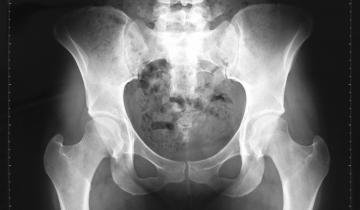
My boys were exactly the same amazing, lovable, adorable, brilliant little boys after the diagnosis, that they had been before it. The exact same.
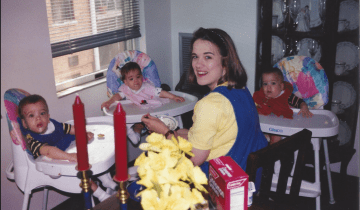
For women with Cerebral Palsy, self-advocacy is probably the most important part, but it's also probably the hardest part because most of those doctors have not encountered women with disabilities. You really have to tell them what you need and tell them what to expect.
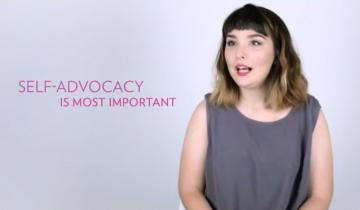
When scheduling and preparing for an OB/GYN appointment, women with Cerebral Palsy have additional challenges to consider and address when both scheduling the appointment and once they go their appointment.

For women with Cerebral Palsy, finding a new OB/GYN can be difficult for a variety of reasons: accessibility (both to the building and in the exam rooms), staffing and supports for additional physical needs and more.
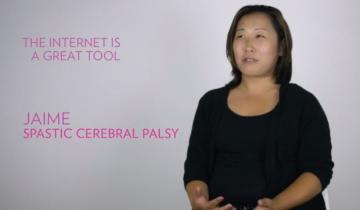
5 things for women with Cerebral Palsy to consider when preparing for their OB/GYN appointment
